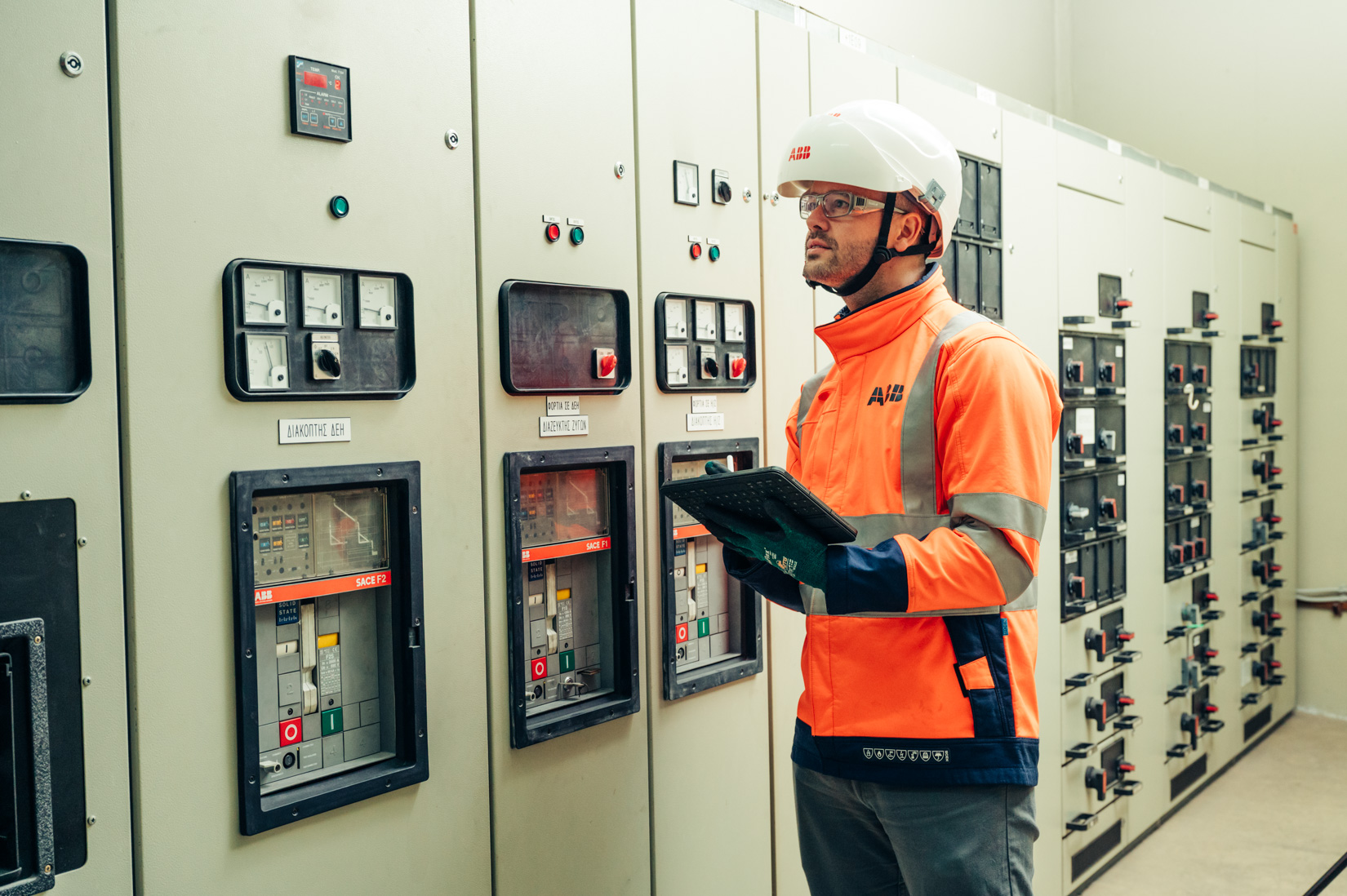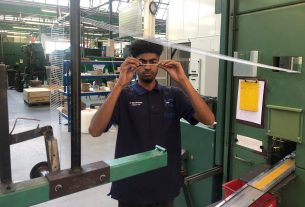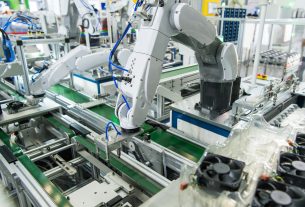A proactive stance to maintaining electrical equipment boosts plant uptime and profitability, says ABB’s Lee Todd, Head of Advisory Services, ABB Electrification Services – and it can support organizations’ sustainability goals, too.
Maintaining your electrical infrastructure might seem like an unwelcome cost burden. But without investing in equipment’s long-term health, there’s the risk of serious problems when something does go wrong.
Electrical systems can show few signs of imminent failure. The first indication of trouble may be a tripped circuit breaker. Resetting the breaker might seem like an easy fix, but the chances are that it’s hinting at deeper issues. And unless these are addressed, the longer-term consequences of doing nothing could be much more costly in terms of lost revenues and compromised brand reputation.
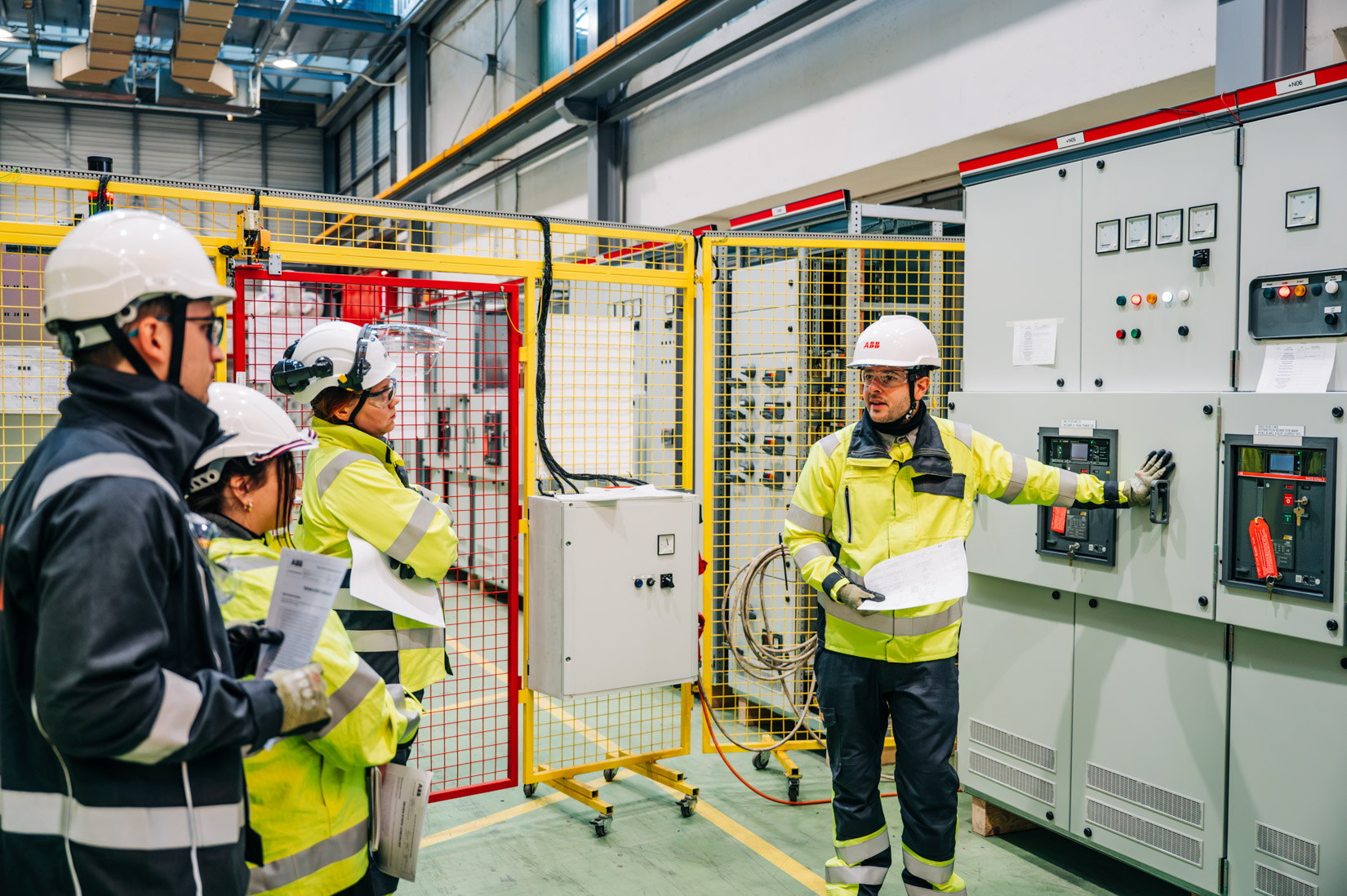
Many organizations entrust their systems’ health to scheduled maintenance, with periodic inspection complemented by routine replacement of components that are deemed to be near their end of life. In contrast with condition-based maintenance, this time-based approach represents an inefficient use of resources. Staff may spend valuable time replacing equipment that’s good for several more years of operation, with valuable parts needlessly going into landfill or recycling.
As the scale and complexity of modern industrial operations increases, so does the importance of keeping critical systems in good health. The burden on businesses is increased by a skills drought in the engineering sector, with companies struggling to attract new talent to maintain ageing electrical infrastructures. Other preoccupations include the need to reinforce the cybersecurity of critical systems, the imperative to keep staff safe, and compliance with ever-changing regulations.
Recognizing the limitations of conventional maintenance strategies, many organizations are taking a more proactive approach to ensuring the reliability and long-term health of their precious assets. Addressing relatively minor issues before they escalate into bigger problems can significantly reduce unplanned downtime and its impact on profitability. What’s more, holistic maintenance strategies that take a broader view of a plant’s electrical systems can realize gains in efficient use of energy and natural resources.
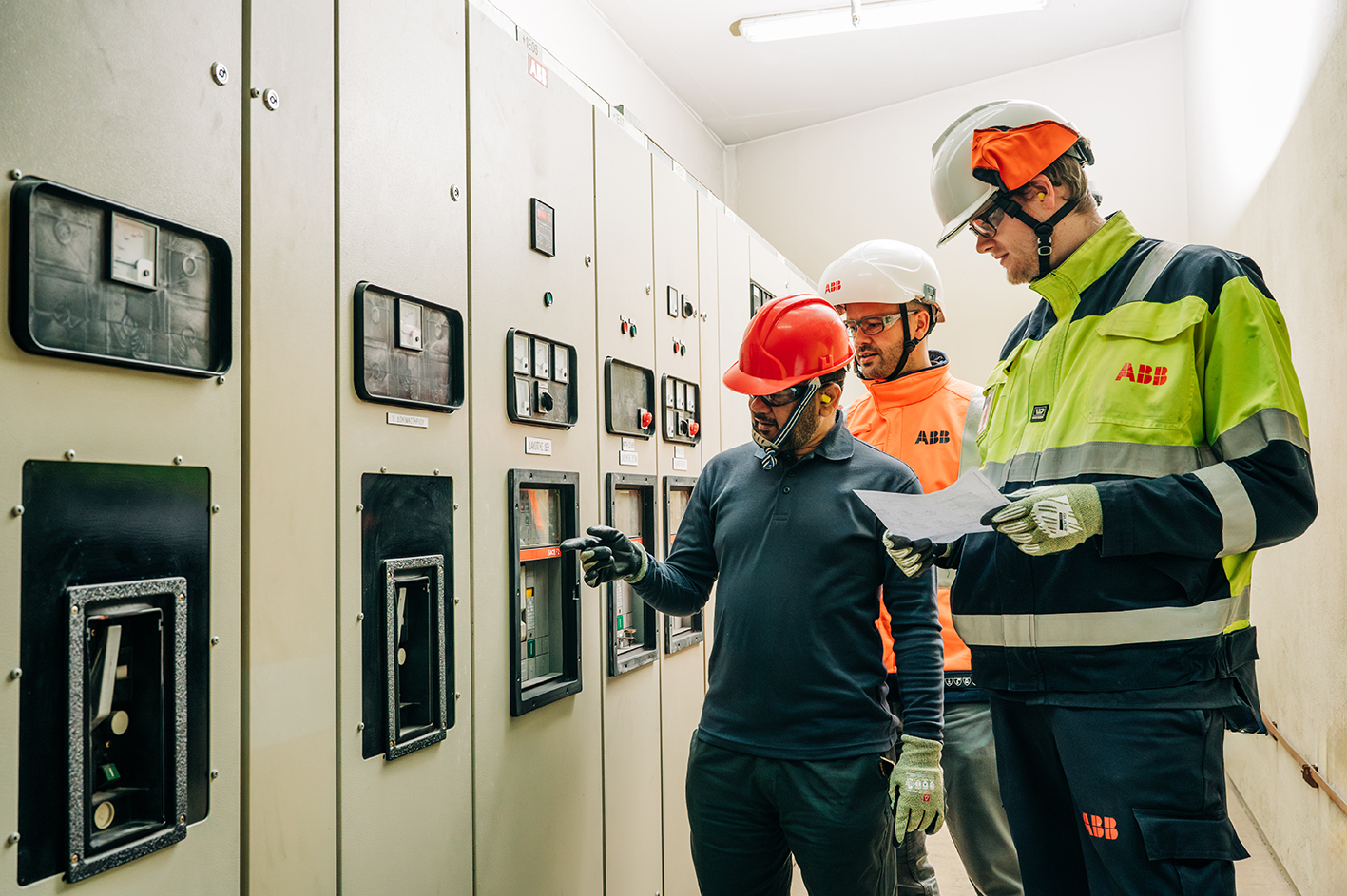
Optimizing the health of electrical equipment can significantly lengthen its operating life, sometimes by several years. This yields welcome cost and carbon savings with less frequent need to transport and install new hardware. What’s more, minimizing unplanned outages reduces the environmental impact of staff having to travel long distances to perform urgent repairs.
The digitalization of many industries is reflected in smarter asset management and maintenance regimes. The steady stream of data from connected devices can be harnessed to reveal insights about the overall health of electrical systems, either on site or through remote monitoring. This information allows operators to spot early clues of impending failure that no human engineer would notice, while realizing tangible gains in energy efficiency and process optimization.
With more opportunities to benefit from optimization of their electrical systems – and more potential pitfalls to negotiate – organizations can benefit from the resources and experience of an experienced partner like ABB. Through support services like remote monitoring and condition-based maintenance, as well as equipment modernization and upgrades, ABB can free staff to focus on wider strategies for operational improvements while pursuing longer-term sustainability goals.


